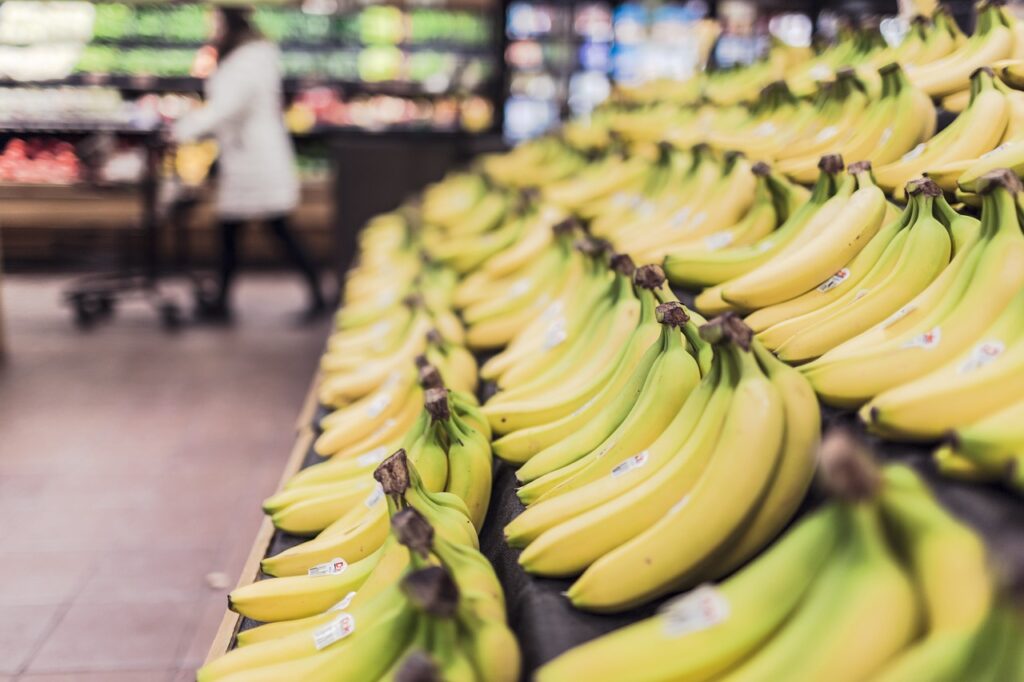The United States has ended a long-standing tariff exemption that supported global trade in low-cost goods.
From Friday, imports worth $800 or less will no longer enter duty-free and will face stricter customs checks. The change will affect millions of packages daily.
In 2023, nearly 1.4 billion parcels entered the US duty-free under the de minimis exemption, worth more than $64bn. Experts warn the shift will hit small businesses hardest. Shoppers should prepare for higher prices and fewer choices until markets adjust.
“I’ve reached the point of acceptance, but when I first heard the news, I thought it might be the end for my business,” said Katherine Theobalds, founder of Argentine shoe brand Zou Xou.
What is the de minimis rule?
The de minimis exemption, introduced in 1938, avoided the cost of collecting tiny amounts of customs duties.
Over time, the threshold rose, helping e-commerce firms thrive by shipping directly to US buyers. Companies like Shein and Temu popularised this model, but many foreign and domestic businesses adopted it.
Executives at Tapestry, owner of US fashion brand Coach, said they expect a $160m profit hit due to tariff changes. About one-third of that loss comes from the elimination of the exemption. Coach has recently gained momentum with Gen Z shoppers, but tariffs now pose a logistical challenge.
According to US customs, more than 90% of all cargo entering the country benefited from this rule.
Both Donald Trump and Joe Biden criticised the exemption as harmful to US businesses and a gateway for smuggled drugs. Trump’s adviser Peter Navarro argued the repeal would save lives by curbing narcotics and add $10bn annually to government revenue.
Trump accelerated the rule’s repeal with an executive order this year, years ahead of the planned 2027 expiry.
Shippers must now either pay tariffs by origin country or choose a temporary fixed fee between $80 and $200 per package. That option will last only six months.
China and Hong Kong lost the exemption in May, pushing Temu to suspend direct US sales. Personal gifts and letters below $100 will remain duty-free.
Smaller variety and slower shipping
Consumers face fewer choices in stores and online as businesses adjust to new customs paperwork.
Small firms are most affected since they previously avoided this documentation. Logistics expert Tam Nguyen said firms must now specify the source of all materials, often from multiple countries. This slows shipping and complicates supply chains.
That complexity may discourage sellers from offering niche products abroad.
Psychologist and DJ Christopher Lundell in Portland recently failed to buy a $5 record from the UK. The seller cancelled, citing shipping restrictions. Lundell now searches for US-based sellers first but believes the sweeping suspension is “political theatre.”
Some shipments are frozen as firms assess risks. Major postal services in Europe and Asia-Pacific suspended deliveries to the US this week, citing uncertainty and lack of preparation time.
Prices expected to rise
Businesses must now add tariffs based on country of origin, effective since August.
Tariffs range from 10% for goods from the UK and Australia to 50% for items from Brazil and India. Specific duties now apply: $80 per item for tariffs below 16%, $160 for tariffs between 16% and 25%, and $200 for higher tariffs.
A senior US official dismissed concerns, saying the move will make Americans “safer” and “more prosperous.”
Some companies welcomed the end of the exemption. Gap Inc. praised the decision, arguing it creates a fairer playing field for US retailers.
But small firms face steep compliance costs, making stable pricing difficult, warned trade expert Deborah Elms. Many sellers may resort to expensive express couriers since postal services paused shipments.
British retailer Wool Warehouse suspended US orders due to the sudden change. Managing director Andrew Smith said prices may rise up to 50%. The firm will also update its website to show tariff costs transparently.
In Argentina, Theobalds of Zou Xou said larger shipments were already taxed, but sending one or two pairs of shoes cheaply was only possible under de minimis. Now, she is rethinking her business model and considering how best to explain added complexity to customers.
“The reason our customers come to us is because they value artisanal quality,” she said. “But they will now ask if it is worth the hassle or if they just want shoes.”
Could China benefit?
Some experts believe US retailers will gain as shoppers shift to domestic stores like Walmart or Target.
Yet many consumers may turn to Chinese platforms again. Shein and Temu already operate US distribution centres that reduce tariff costs.
Nguyen said Chinese firms are months ahead in adapting to new paperwork compared with sellers elsewhere. Smaller businesses may struggle to compete, making it harder for new e-commerce ventures to start.
“It used to be simple: open a site, list products and ship. That low-cost entry point is gone,” Nguyen said.


